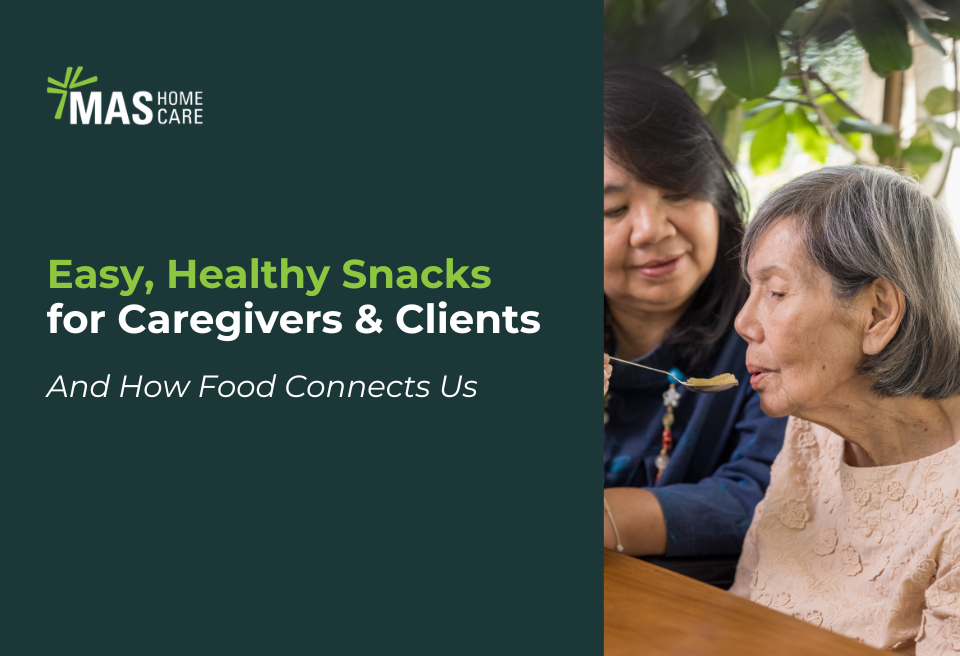Home Care Blog
Reducing Loneliness in Elders Around the Holidays
by Carol Bradley Bursack
It’s very human to feel that holidays should be happy times, with generations of traditions coming to the forefront. After all, we say we celebrate holidays. Doesn’t that mean happiness? The reality, however, is that many people can feel isolated and lonely during this sometimes forced “season of good will.”
Elders can have an especially hard time with the holiday season. While aging and maturity can bring the wisdom of years for many people, there are inevitable losses that come to even the most healthy individuals. Many of these losses are emotional and social in nature. Spouses become ill or die. Other aging relatives and friends become seriously ill, or die. Neighborhoods change, often leaving even those well enough to remain in their own homes feeling friendless and isolated.
The holidays can bring this isolation and a feeling of loneliness to a head. You, the adult child of a parent who may seem depressed during the holidays, can do much to help. Yes, you are busy and stressed yourself. However, by simplifying the holiday season all around and concentrating on what really matters – people – you can offer your parent help through what can be, for some, a time of discouragement.
12 Tips to Enhance Your Elders’ Holidays
1. Listen and understand when they want to talk, even if the talk is negative. They are likely mourning many of the losses mentioned above. Don’t imply they are whining or that they should snap out of it. They can’t. Your empathy is vital here. Try to put yourself into their place.
2. Remind them how important they are as a part of your own celebration and that of the entire family. Be especially careful not to act like what you do for them is a duty. This can be tough, as your tired body language can show through. However, again, put yourself in their place. They may feel useless and burdensome. Remind them they are loved.
3. Holiday cards often bring bad news, and diminish in quantity. I used to sit with my mom when she opened her cards, because nine out of ten cards brought news of illness or death. She was very aware, too, of the people she didn’t hear from. That was one reason I helped her write her own cards. She needed this connection with life-long friends.
4. Help them see that you are trying to simplify the holidays in order to bring back the real meaning of our celebrations. Let them know you are trying to ignore the hype that has increased over the years. Remind them that they taught you that it’s people who count, and thank them for that.
5. If your parent is in an assisted living facility or nursing home, check with the local kindergarten or day care centers to see if they can bring children to visit the elders. The freshness of the small children’s presence can help lighten a day for an elder in physical or emotional pain.
6. If your elders’ are in a facility, help the facility find programs featuring children. If possible, take the elders out to school programs, especially if they feature grandchildren.
7. Check with your parents’ spiritual home. Visitors, such as those in the Stephen Ministry, which is a program many Christian churches offer, can visit your parent or parents at home or in a facility. These people undergo considerable training that provides them with tools to listen compassionately and creatively. This can go a long way toward helping with depression over the holidays.
8. Decorate their home or room in stages, presenting cherished ornaments for Christmas or a menorah for Chanukah at intervals so there is something to look forward to. By the way, electric menorahs are available if your parents live in a facility where real flames can’t be used. Check with their rabbi for help.
9. Bring traditional baked goods or treats regularly for your elders and their friends to share.
10. Call your elders’ friends and see if they can come to a party. One year, I was able to use a small conference room at the nursing home for a New Year’s Eve party for my parents and their friends.
11. Make their dinner table special. Whether your parents are at home or in a facility, try to make the table festive with some appropriate colors and themes.
12. Spend time with them. This is the most important thing you can do. Look at holiday photos or videos with them and leave them photos in a handy place so they can walk down memory lane when they are alone. Play music. Listen to them reminisce.
Your time is precious to you. You likely have a spouse, children and others who need you. However, your time is the most valuable gift you can give your elders during this holiday. Do what you can without stressing yourself beyond your limits. Your being somewhat relaxed is also important to your elders. Remember that you won’t reach perfection and you won’t please everyone all of the time. Your best efforts will be good enough.
Author, columnist and speaker Carol Bradley Bursack wrote “Minding Our Elders: Caregivers Share Their Personal Stories” and is the moderator of the AgingCare.com community.
